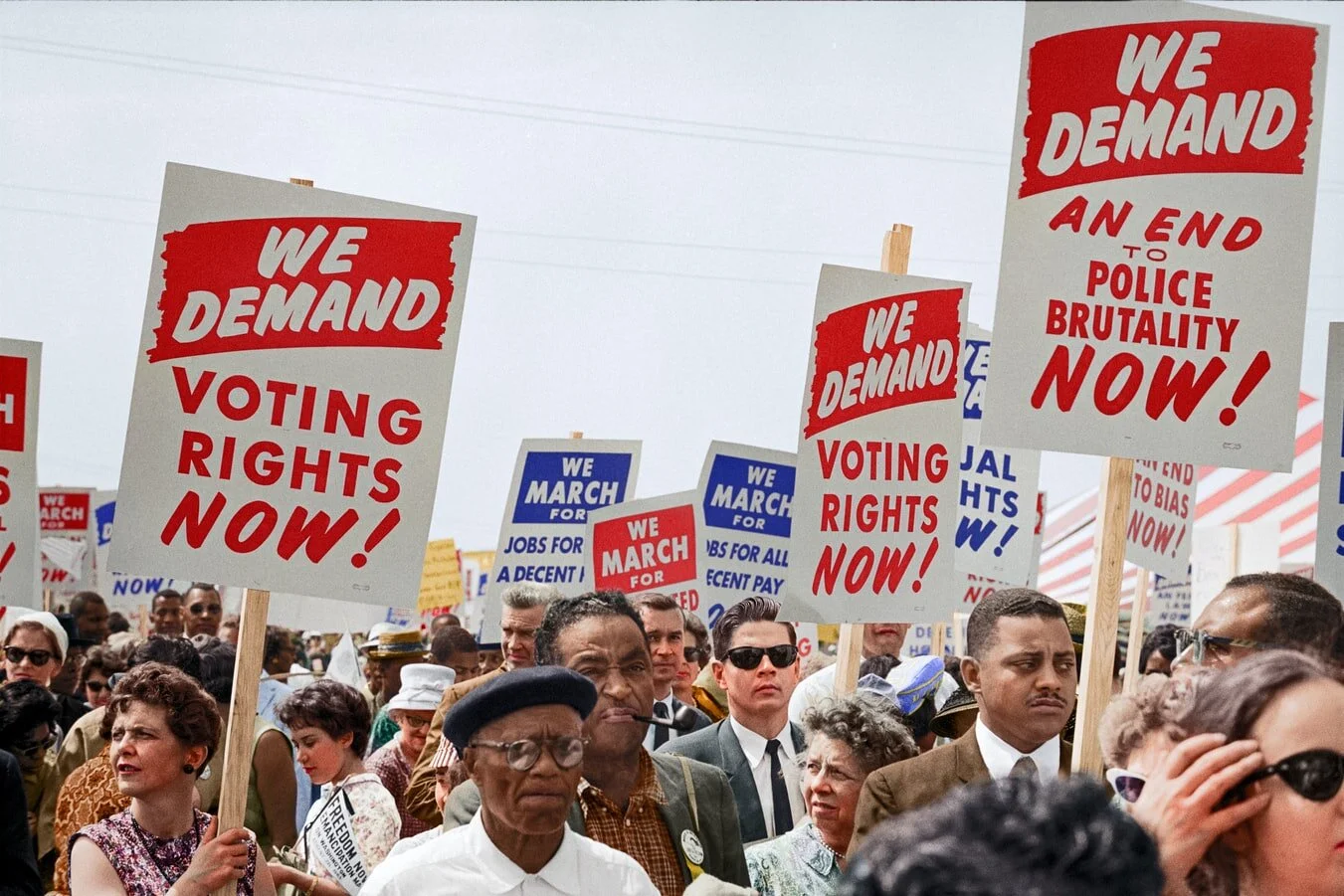The Existentialism of American Voting Rights
“No matter what party affiliation one appeals to, no doubt we all contend that it is vital we protect our democratic process.”
This is a special election year. This August marked the 100th anniversary of the 19th Amendment in the United States, which guaranteed American women the right to vote. Decades of protests and organizing led by women’s suffrage icons Susan B. Anthony, Sojourner Truth, and Elizabeth Cady Stanton culminated in the August 18th, 1920, amendment ratification. On the centennial anniversary of the amendment, President Trump pardoned Anthony, who was arrested and fined for voting illegally in 1872.
As with American women, the right to vote for African-Americans is also a pivotal punctuation mark in the civil rights chapter of American history.
After the Civil War ended, the 15th Amendment, ratified in 1870, prohibited states from denying male citizens the right to vote based on “race, color, or previous condition of servitude.” However, nearly a century of obstacles were employed to prevent African-American men (and later, women) from entering the ballot box. These ranged from legally acrobatic high-wire acts like “grandfather clauses” to the insultingly absurdist practice of making African-American men guess the number of beans or marbles in a jar in order to cast their votes. The Voting Rights Act of 1965, signed into law by President Lyndon B. Johnson, was implemented to eliminate these obstacles and remains one of the most consequential acts of civil rights legislation in the nation’s history.
A century later for women, and over a half century for African-Americans, some see all Americans’ voting rights hanging in the balance yet again as our country, deeply politically and culturally divided, and in the midst of a global pandemic in which our nation leads in infection cases and deaths, grapples with abrupt changes to an overburdened postal service. Many wonder if absentee ballots, briefly positioned as a solution to infection anxieties, could render millions of votes uncounted. Will everyone’s vote be counted at a time when risking sustained exposure to large numbers of other people could literally be the difference between life and death?
The right to vote, and the bloodshed for some of us to secure it, is one of the things that makes America what it is. In some countries around the world, there is no democratic process, and if there is it is suspect, corrupt and/or still characterized by sexism, prohibitively biased standards for citizenship, or even class. For example, in Kenya, Uganda and Afghanistan, women are discouraged from voting and often met with intimidation or threats for doing so. In Russia, elections are notoriously plagued with scheming and corruption so blatant that whatever democracy exists on election day is almost entirely nominal.
In the United States, no matter what party affiliation one appeals to, no doubt we all contend that it is inherently vital we protect our democratic process. Existentially speaking, the United States is but a void without it. In a country so remarkable for correcting its own sins, we must implore our elected officials to protect the will of the people, and the very freedom in the United States of America that is at once its most qualifying descriptor and the essence of its own existence.
— Christina Lucas

